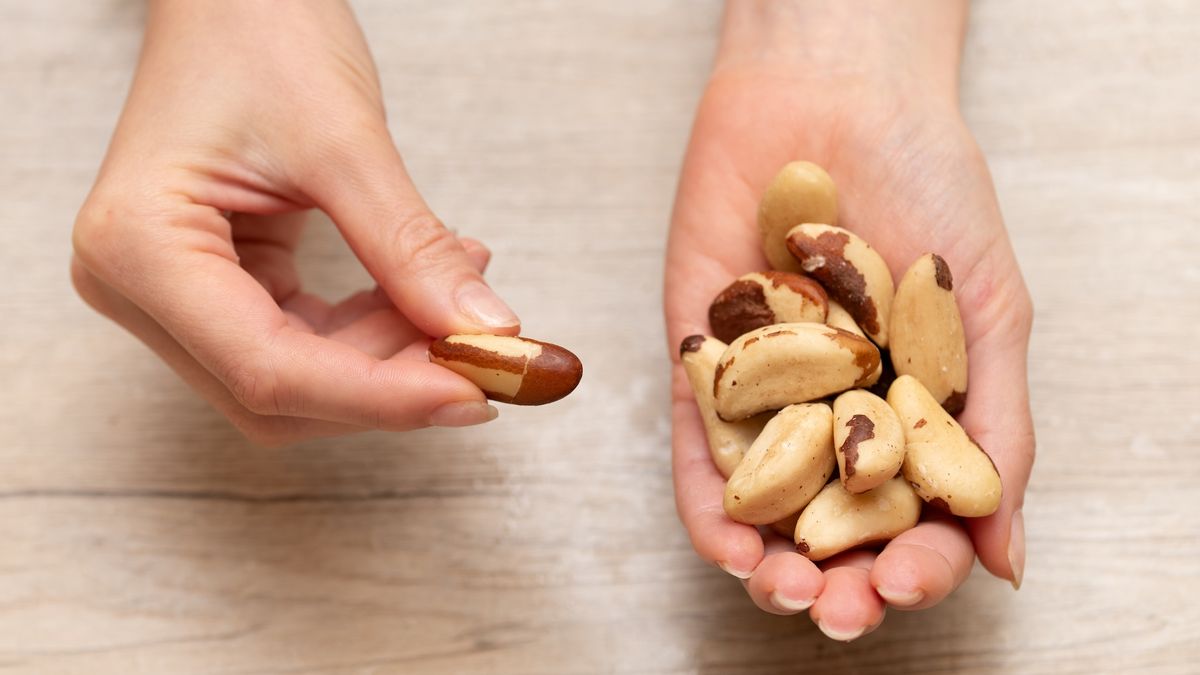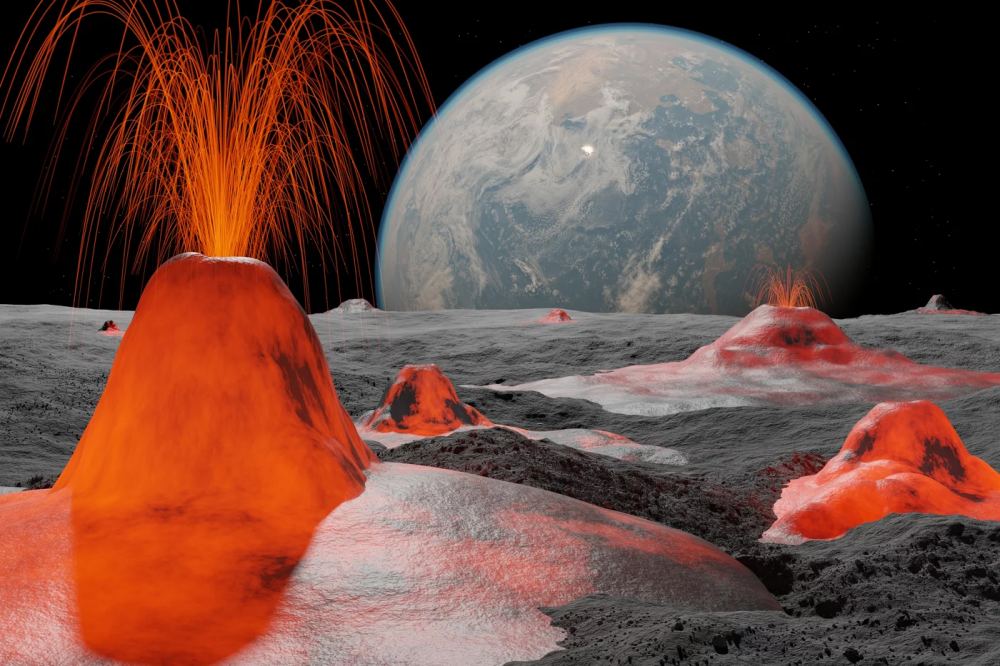
behavior: The way something, often a person or other organism, acts towards others, or conducts itself.
chemistry: The field of science that deals with the composition, structure and properties of substances and how they interact. Scientists use this knowledge to study unfamiliar substances, to reproduce large quantities of useful substances or to design and create new and useful substances. (about compounds) Chemistry also is used as a term to refer to the recipe of a compound, the way it’s produced or some of its properties. People who work in this field are known as chemists. (in social science) A term for the ability of people to cooperate, get along and enjoy each other’s company.
climate: The weather conditions that typically exist in one area, in general, or over a long period.
climate change: Long-term, significant change in the climate of Earth. It can happen naturally or in response to human activities, including the burning of fossil fuels and clearing of forests.
conserve: To protect, as from loss or degradation.
data: Facts and/or statistics collected together for analysis but not necessarily organized in a way that gives them meaning. For digital information (the type stored by computers), those data typically are numbers stored in a binary code, portrayed as strings of zeros and ones.
engineer: A person who uses science and math to solve problems. As a verb, to engineer means to design a device, material or process that will solve some problem or unmet need.
hydrogel: A “smart” polymer-based material that can change its structure in response to its environment, such as the local temperature, pH, salt or water concentration. The polymers that make up a hydrogel have water-attracting ends sticking out. Those ends help hydrogels latch onto molecules of water. Some hydrogels are used in baby diapers to hold urine. Others are added to potting soils to hold water near to plants until they need it. Still others may be part of wound dressings to prevent a sore from drying out.
hypothesis: (v. hypothesize) A proposed explanation for a phenomenon. In science, a hypothesis is an idea that must be rigorously tested before it is accepted or rejected.
mentor: An individual who lends his or her experience to advise someone starting out in a field. In science, teachers or researchers often mentor students or younger scientists by helping them to refine their research questions. Mentors also can offer feedback on how young investigators prepare to conduct research or interpret their data.
middle school: A designation for grades six through eight in the U.S. educational system. It comes immediately prior to high school. Some school systems break their age groups slightly different, including sixth grade as part of elementary school and then referring to grades seven and eight as “junior” high school.
organic: (in chemistry) An adjective that indicates something is carbon-containing; also a term that relates to the basic chemicals that make up living organisms.
salt: A compound made by combining an acid with a base (in a reaction that also creates water). The ocean contains many different salts — collectively called “sea salt.” Common table salt is a made of sodium and chlorine.
starch: A soft white chemical made by all green plants. It’s a relatively long molecule made from linking together a lot of smaller, identical building blocks — all of them glucose, a simple sugar. Plants and animals use glucose as an energy source. Plants store that glucose, in the form of starch, as a reserve supply of energy. Animals that consume starch can break down the starch into glucose molecules to extract the useful energy.
stressor: Something that induces stress in an individual or system.








Leave a Comment